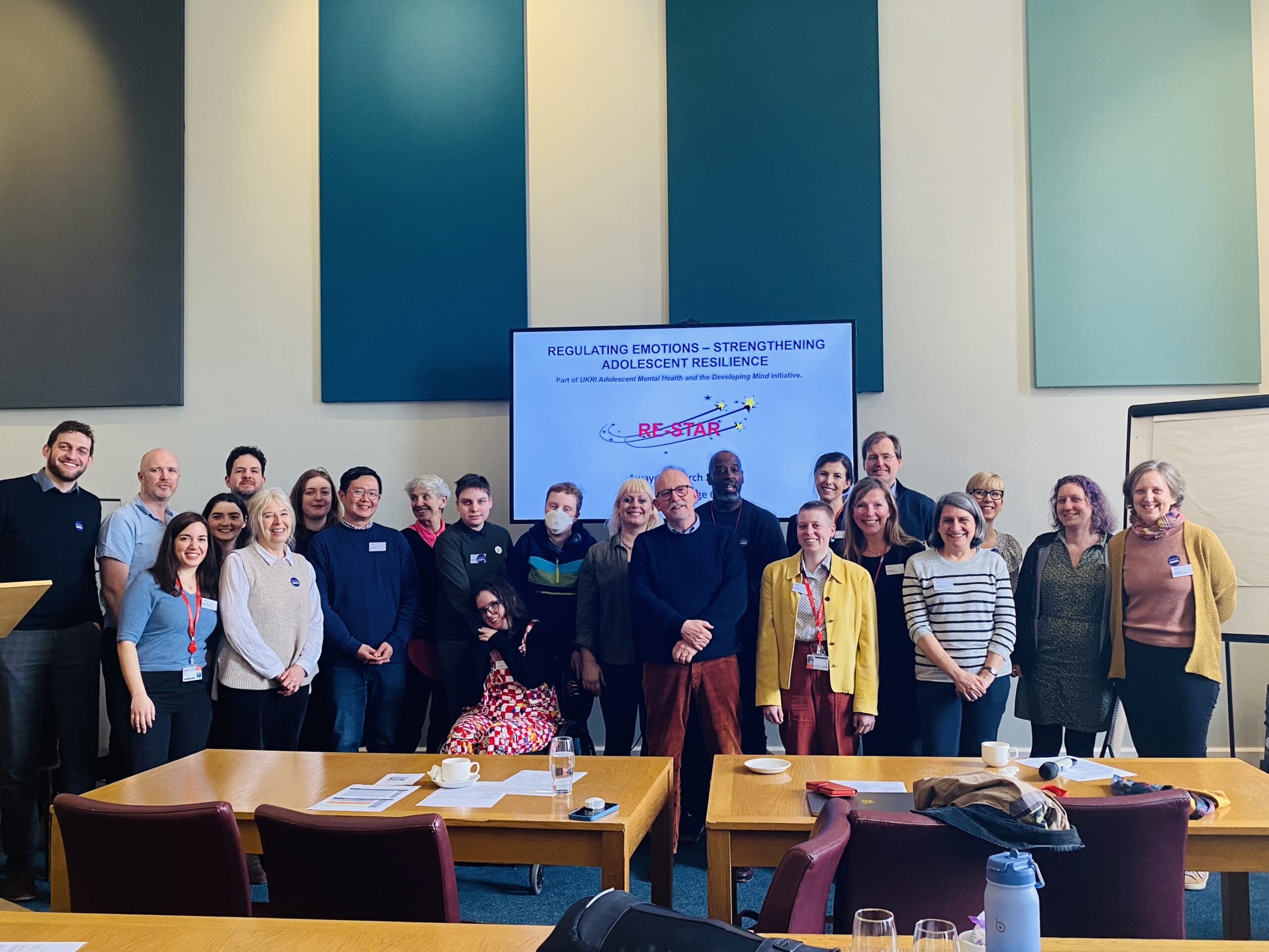Professor Edmund Sonuga-Barke receives BJPsych Editor’s Choice award for innovative research on participatory science
We are proud to share that Professor Edmund Sonuga-Barke, alongside colleagues from RE-STAR and members of the Youth Researcher Panel, have been awarded the Editor’s Choice award from the British Journal of Psychiatry (BJPsych) for his paper “Participatory translational science of neurodivergence: model for attention-deficit/hyperactivity disorder and autism research”.

The Editor’s Choice award is given each year to celebrate outstanding and innovative research that makes a significant contribution to psychiatry and mental health science.
In the award-winning paper, Professor Sonuga-Barke and the RE-STAR team set out a new approach to translational science for neurodevelopmental conditions like ADHD and autism. Central to this model is the meaningful involvement of neurodivergent young people, ensuring their experiences and insights help shape every stage of the research process, from generating new ideas to interpreting results.
Speaking about the award, Professor Sonuga-Barke said:
“The RE-STARs are overjoyed to receive this ‘Editor’s Choice’ award, from such a prestigious journal as the British Journal of Psychiatry, too.
The paper in question, co-authored by RE-STAR academics and Youth Researcher Panel members, describes our pioneering new approach to the translational science of neurodevelopmental conditions such as autism and ADHD which places the insights and experiences of neurodivergent young people themselves at the very heart of our scientific endeavour.
This approach has invigorated RE-STAR, allowing academic researchers and neurodivergent young people to work together to stimulate new ideas and hypotheses, develop new methods and collect and explore new interpretation.
There is no doubt, in my mind that deepening the participation neurodivergent young people in this way, has been absolutely central to RE-STAR’s scientific success as it attempts to understand the origins of adolescent depression risk in ADHD and autism.
From a personal point of view it’s been such a privilege to both lead and learn from such an incredibly talented and diverse set of people.
Our hope is that this honour from the BJP will encourage other research teams to recognise the scientific value of deep participatory approaches and have the courage to adopt them.”
Categories
Follow Us
For the latest updates and news, follow us on our social channels.
